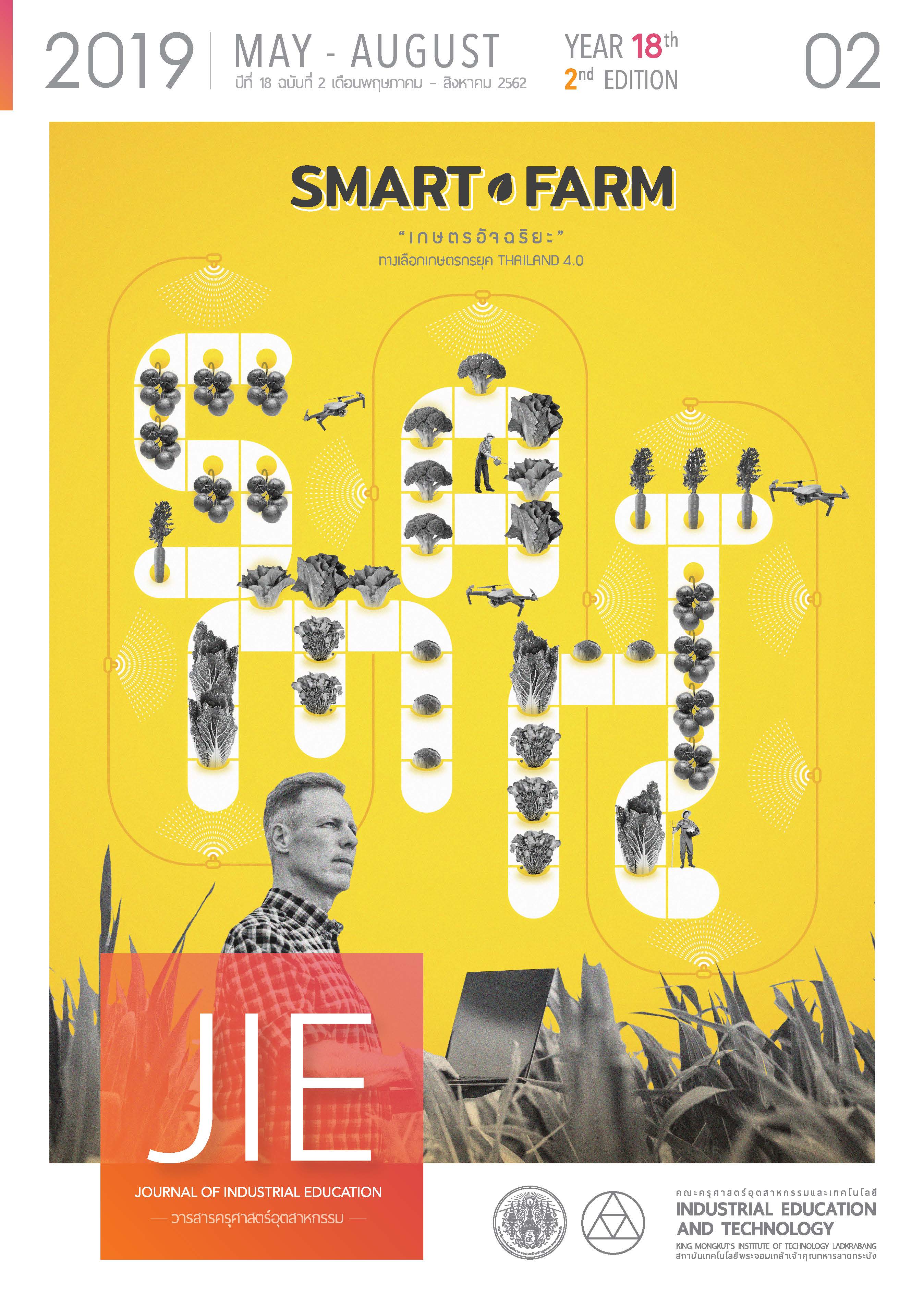MEDIATING ROLE OF TEACHER JOB CRAFTING IN THE RELATIONSHIP BETWEEN THEORETICAL ANTECEDENTS OF JOB CRAFTING AND MEANINGFUL WORK
Keywords:
teacher job crafting, meaningful work, proactive personalityAbstract
The objectives of this study were: 1) to develop and examine the validity of the Teacher Job Crafting scale (TJC); 2) to study the influence of theoretical antecedents of job crafting and how it affects teacher job crafting and meaningful work of teacher at the primary and secondary level; 3) to study the relationship between job crafting and meaningful work; and 4) to study the mediating role of teacher job crafting in the relationship between theoretical antecedents of job crafting and meaningful work. This research was conducted in two phases. Phase 1: To developed and test the validity of the teacher job crafting scale by 254 educational supervisors and core teachers in the Office of the Basic Education Commission, to develop and test its factor structure, reliability, and convergent validity. Phase 2: To developed, examined and test mediating roles of teacher job crafting. The data was collected from a sample of 400 selected from teachers at the primary and secondary level of the Bangkok Metropolitan Administration and the Office of Basic Education Commission by stratified random sampling methods.
The research findings were as follows. 1) There are three independent teacher job crafting dimensions, namely task crafting, relational crafting and cognitive crafting. The TJC shows high convergent validity. The scale can be a useful tool for the assessment of teacher job crafting. 2) Theoretical antecedents were directly and indirectly influencing on teacher job crafting. 3) Teacher job crafting was positive significantly correlated with meaningful work, and 4) Teacher job crafting was found to completely mediate the relations between theoretical antecedents of job crafting and meaningful work. The proposed causal relationship model was consistent with empirical data (= 78.081,
/df = 1.165, df = 67, P-value = .167, GFI = .977, AGFI = .953, RMSEA = .020, PCLOSE =.999)
References
Sen, C. and Dulara, S. 2017. Job characteristics and performance: The mediating role of job crafting. The International Journal of Indian Psychology, 5(1), DIP: 18.01.068120170501, DOI: 10.25215/0501.068.
Wrzesniewski, A. and J. E. Dutton. 2001. “Crafting a job: Revisioning employees as active crafters of their work.” Academy of Management Review, 26 (2), 179-201.
Bakker, A. B. and E. Demerouti. 2007. “The job demands-resources model: State of the art.” Journal of Managerial Psychology, 22, 309-328.
Niessen, C., Weseler, D. and Kostova, P. 2016. When and why do individual craft their jobs? The role of individual motivation and work characteristics for job crafting. Human Relation, 69(6), 1287-1313
Holcombe, K. J. 2016. Theoretical antecedents and positive employee work experiences of job crafting. Doctoral dissertation, Department of Philosophy, Colorado State University.
Damsuwarn, W. 2016. Teachers identities. SBEd Newsletter. Bangkok: Protexts.com.
Tims, M., A. B. Bakker, and D. Derks. 2012. “Development and validation of the job crafting scale.” Journal of Vocational Behavior, 80, 173-186.
Dvorak, K. J. 2014. The theoretical development and empirical testing of the measure of job crafting (MJC). (Masters thesis). Retrieved from ProQuest.
Ghitulescu, B. E. 2006. Shaping tasks and relationships at work: Examining the antecedents and consequences of employee job crafting. University of Pittsburgh.
Seibert, S. E., M. L. Kraimer, and J. M. Crant. 2001. “What do proactive people do? A longitudinal model linking proactive personality and career success.” Personnel Psychology, 54 (4), 845-874.
Xanthopoulou, D., et al. 2007. “The role of personal resources in the job demands-resources model.” International Journal of Stress Management, 14, 121-141.
Lips-Wiersma, M. and S. Wright. 2012. "Measuring the meaning of meaningful work development and validation of the comprehensive meaningful work scale (CMWS)." Group and Organization Management, 37 (5), 655–685.
Bateman, T. S. and J. M. Crant. 1993. “The proactive component of organizational behavior: A measure and correlates.” Journal of Organizational Behavior, 14 (2), 103-118.
Chanmaneevong, A. 2018. “Development of the Teacher Job Crafting scale.” The 2nd National Conference on Humanities and Social Sciences: Learning Diversity for Quality of Life. Faculty of Liberal Arts, Mahidol University.
Chanmaneevong, A. and Damsuwarn, W. 2017. Job Crafting Theory. Bangkok: Mimeographed.
Peral, S. and M. Geldenhuys. 2016. “The effect of job crafting on subjective well-being amongst South African high school teachers.” SA Journal of Industrial Psychology, 42(1), a1378.
Wingerden, J. V., A. B. Bakker, and D. Derks. 2017. “The longitudinal impact of a job crafting intervention.” European Journal of Work and Organizational Psychology, 26 (1), 101-119.
Berg, J. M., J. E. Dutton, and A. Wrzesniewski. 2013. Job crafting and meaningful work. In B. J. Dik, Z. S. Byrne, and M. F. Steger (Eds.), Purpose and meaning in the workplace (pp. 81-104). Washington, DC: American Psychological Association.
Dik, B. J., et al. 2013. Cultivating meaningfulness at work. In J. A. Hicks and C. Routledge (Eds.), The experience of meaning in life (pp. 363-377). New York: Springer.
Bakker, A. B., M. Tims, and D. Derks. 2012. “Proactive personality and job performance: The role of job crafting and work engagement.” Human Relations, 65 (10), 1359-1378.
Downloads
Published
How to Cite
Issue
Section
License
"The opinions and contents including the words in papers are responsibility by the authors."
"ข้อคิดเห็น เนื้อหา รวมทั้งการใช้ภาษาในบทความถือเป็นความรับผิดชอบของผู้เขียน"



